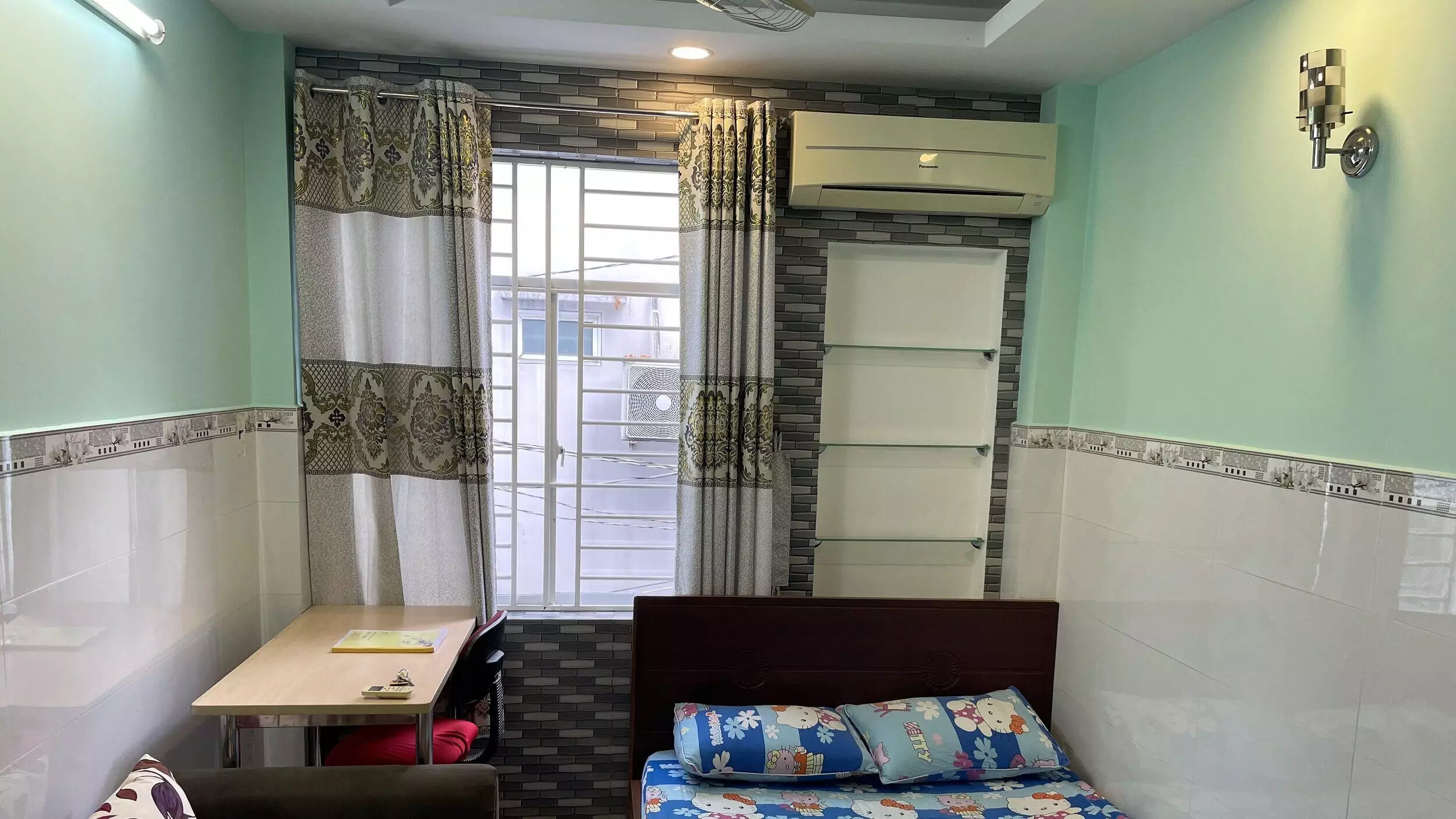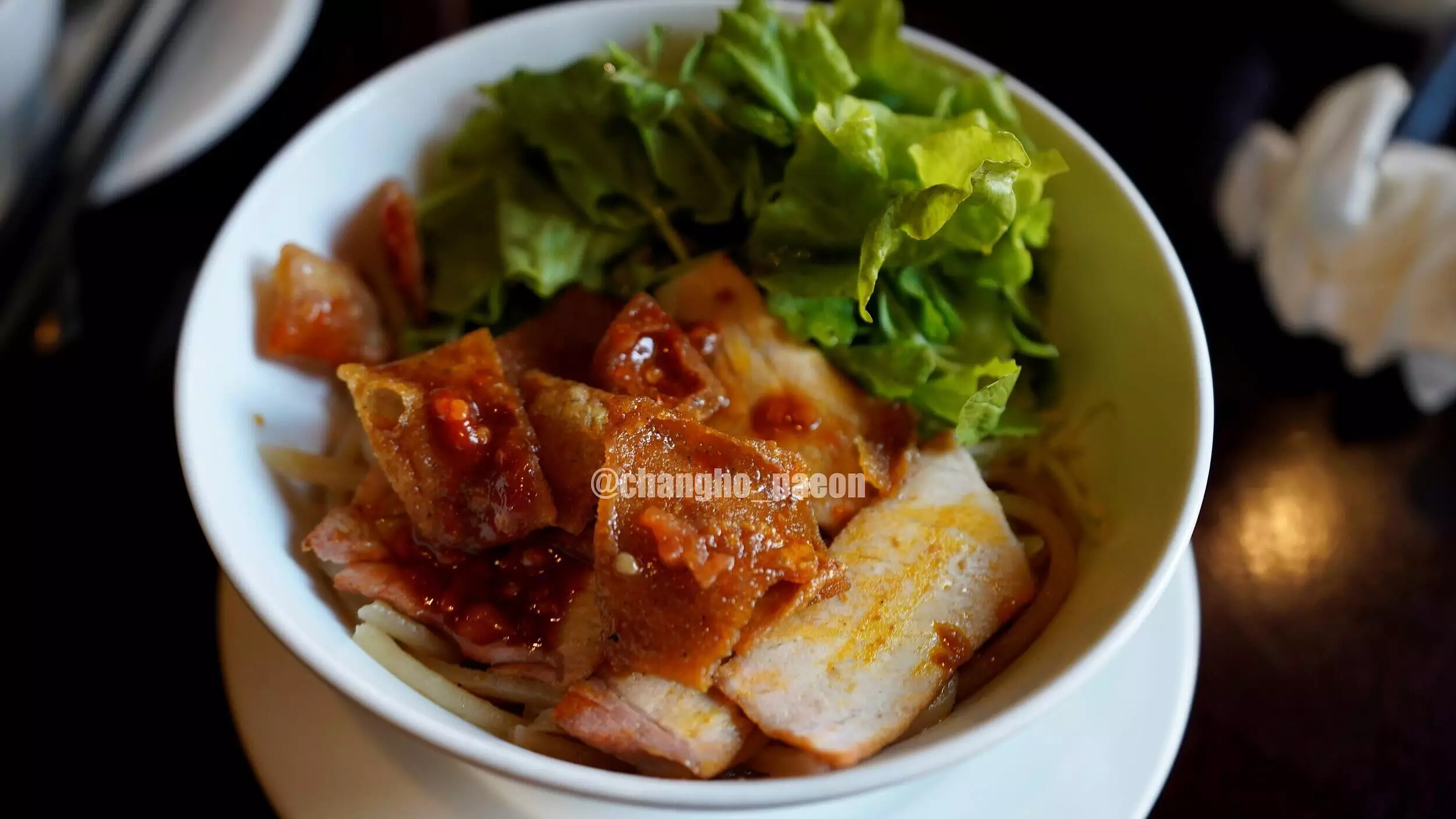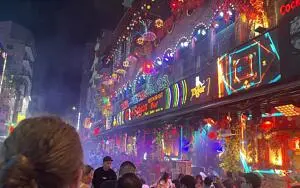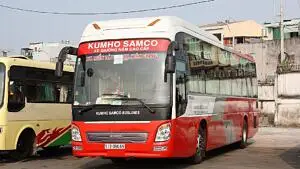When searching for a hotel in Vietnam, finding one with only positive reviews can be challenging.
This might not be unique to hotels in Vietnam, as you may have had similar experiences with hotels in other countries.
This article has compiled the most common complaints when booking a hotel in Vietnam. While Vietnam is a rapidly developing country, it is still relatively rural in many areas.
A 3-star hotel in Vietnam and a 3-star hotel in Japan might be rated 3-stars. Still, the facilities, services, and cleanliness are incomparable, as many of you may already know.
We will introduce common issues experienced at Vietnamese hotels and suggest solutions to help address them.
Soundproofing is not very effective in hotels in Vietnam.
One of the most common drawbacks of hotels in Vietnam is soundproofing. You can easily find reviews mentioning poor soundproofing or noise issues, regardless of which hotel you research.
This problem extends beyond hotels and applies to houses throughout Vietnam. Vietnam is generally a hot country, and its bricks, which are used for construction, have many holes, making them very vulnerable to sound penetration. The basic wall thickness is also thin.
Therefore, you will likely experience noise issues regardless of your chosen hotel. If you are sensitive to noise, booking a hotel further away from the busy ‘Backpacker Street’ when making your initial reservation is a good idea.

In most Vietnamese cities visited for travel, there is an area known as the Backpacker Street.
This region has a high concentration of facilities tailored for travelers, including bars, clubs, and restaurants that operate late at night, and many travelers pass through the area, making it more exposed to noise. If you are sensitive to noise, it is crucial to avoid this area.
There are ants in the hotel room.
Ants can be found all over Vietnam, from 1-star hotels to 5-star hotels, and even in luxury hotels and ordinary homes. It’s a battle against ants.
While it’s unclear why ants are so prevalent, you should expect them to be present almost anywhere. However, it’s fortunate that only ants appear…
This problem is fundamentally difficult to resolve, as it varies from room to room within the same hotel.
After eating something in your room, it’s a good idea to wrap the leftovers tightly in a bag and place them in the trash bin, keeping it far from your bed to maintain your mental health.
Choosing a hotel that has been built relatively recently is also advisable.
Check for heating availability.
As Vietnam is a long country running from north to south, significant differences in weather occur depending on the region, and the climate of major cities can be divided as follows:
- The southern region, represented by Ho Chi Minh City, has six months of hot summer and six months of rainy summer.
- The central region, represented by Da Nang, is generally pleasant throughout the year but can experience heavy rainfall during specific periods of the monsoon season, making tourism difficult.
- The northern region, represented by Hanoi, has four seasons, including a winter cold enough to warrant wearing a padded jacket.
Additionally, some cities in the southern region can have significant weather differences despite being in the same region.
In the case of cities like Da Lat, located in highland areas, the weather is usually very mild, and sometimes it can feel cold. However, if booking a budget hotel, you may find that heating is unavailable, and only air conditioning is provided.

This may be the case even when you prefer to wear a padded jacket due to the cold weather. So, if you plan to visit regions like this in winter, inquire about heating at the hotel.
If heating is not an option, bring outerwear with some thickness.
Such outerwear can be useful in Vietnam, even when it’s not cold. Air conditioning is heavily used in the country.
For example, while traveling between cities using a tour vehicle, the air conditioning can be so strong that you may worry about catching a cold.
When visiting the southern region, consider bringing a light outer garment; for the central region, choose a slightly thicker garment; and for the northern region, consider wearing a padded jacket depending on the season.
Breakfast is not a particular offer.
Most hotels in Vietnam, from 1-star hostels to 5-star hotels, offer breakfast. Unless it’s a luxury hotel, breakfast provision isn’t a unique feature and does not significantly influence its price.
Almost all food can be packaged in Vietnam, from soups like pho to fried rice, grilled dishes, and fish. The prices are also very affordable.

As a result, for budget hotels, although it may say “breakfast included,” the breakfast provided might only be a ready-made meal brought from nearby and simply served in a dish.
Most of these meals usually cost just a few thousand dong (1-3 USD), so there’s no need to select a hotel based on breakfast offerings.
Suppose it’s not a luxury hotel, since food prices are generally low in Vietnam, and plenty of options exist.
In that case, eating breakfast outside the hotel might be a better choice.




finding one with only positive reviews can be challenging.